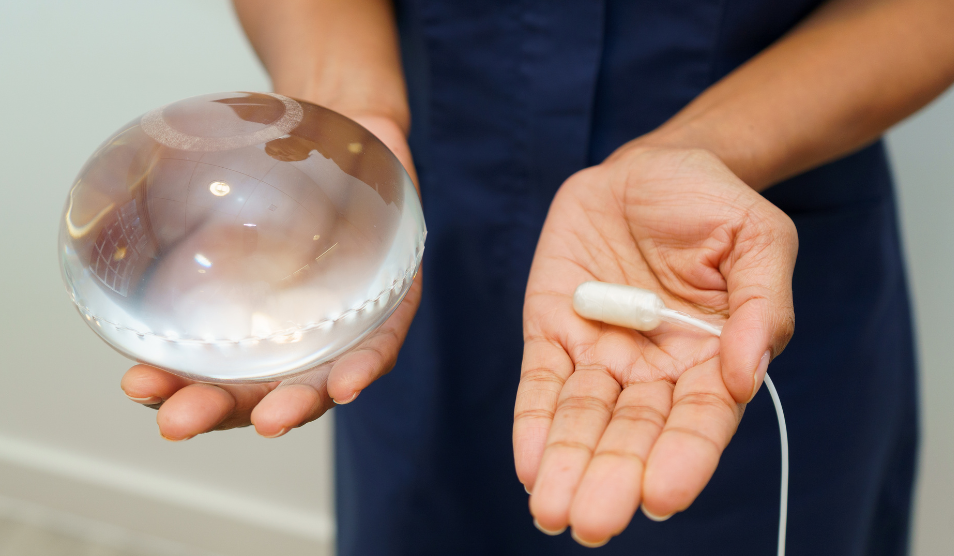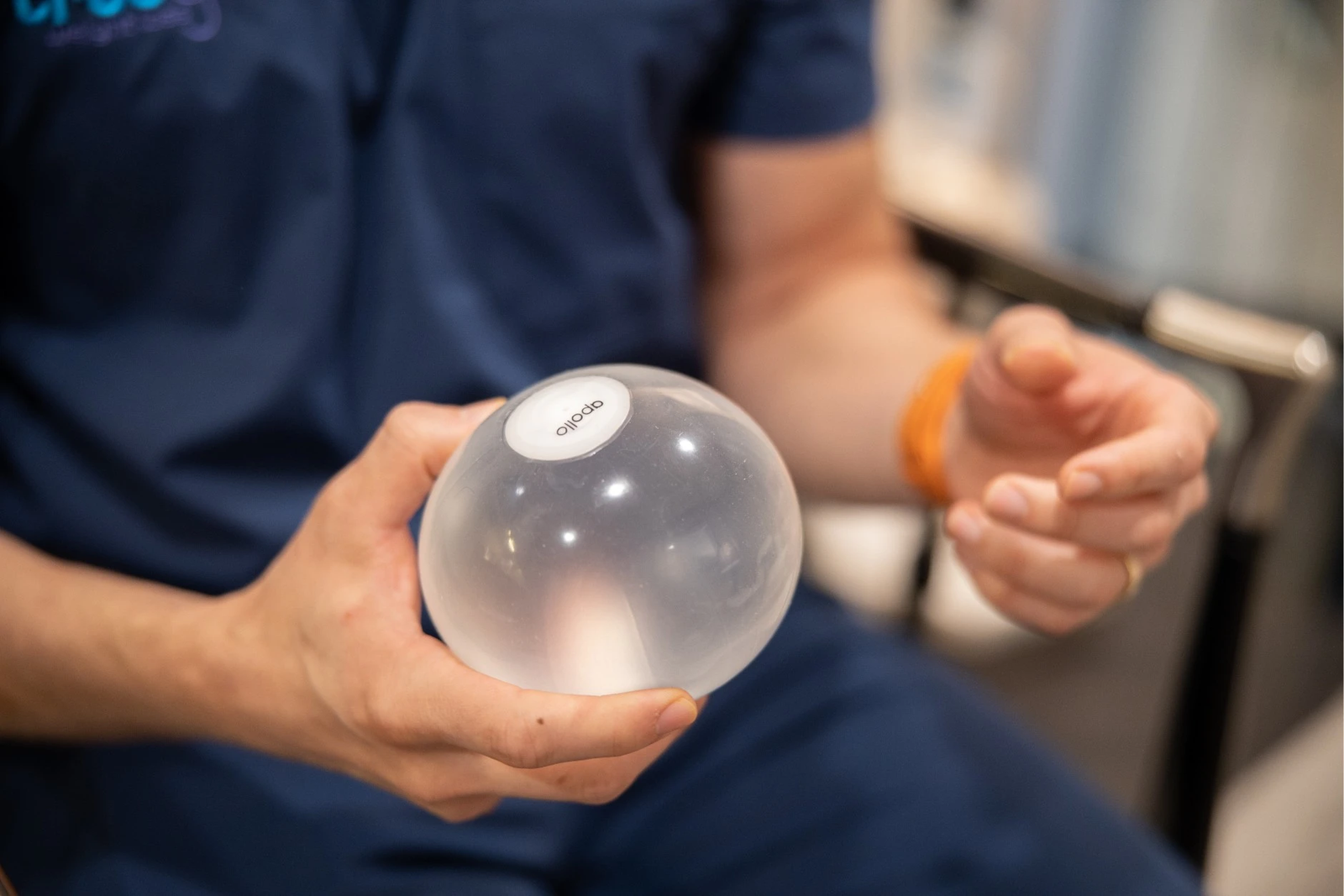Sildenafil is widely known as the active ingredient in vilitra 20, a medication used to treat erectile dysfunction. However, fewer people realize that sildenafil also plays a vital role in treating pulmonary arterial hypertension (PAH)—a serious condition involving high blood pressure in the lungs. Marketed under the name Revatio for this purpose, sildenafil has become a standard treatment in the management of PAH.
So, how does a medication developed for sexual health end up being prescribed for a life-threatening cardiovascular condition? Let’s break down the science and benefits of using sildenafil to treat pulmonary hypertension.
What is Pulmonary Arterial Hypertension?
Pulmonary arterial hypertension (PAH) is a type of high blood pressure that affects the arteries in the lungs and the right side of the heart. In PAH, these arteries become narrowed, stiff, or blocked, making it harder for blood to flow through the lungs. This forces the heart to work harder, which can eventually lead to heart failure if left untreated.
Common symptoms include:
- Shortness of breath
- Fatigue
- Dizziness or fainting
- Chest pain
- Swelling in the legs or ankles
PAH can be idiopathic (no known cause), genetic, or associated with other conditions such as connective tissue disorders, HIV, or congenital heart disease.
How Does Sildenafil Help?
Sildenafil is a phosphodiesterase type 5 (PDE5) inhibitor, and it works by relaxing the smooth muscle cells in the blood vessels. In the case of PAH, sildenafil helps to:
- Dilate the pulmonary arteries
- Lower pulmonary blood pressure
- Improve blood flow in the lungs
- Reduce the workload on the right side of the heart
By improving circulation in the lungs, sildenafil enhances oxygen delivery throughout the body, which reduces symptoms like breathlessness and fatigue and improves exercise capacity and quality of life.
Clinical Use and Effectiveness
Sildenafil (Revatio) has been approved by the FDA specifically for the treatment of PAH. It is typically prescribed in oral tablet or liquid form, taken three times a day, and sometimes administered intravenously in hospital settings for more severe cases.
Clinical studies have shown that sildenafil can significantly:
- Improve walking distance (measured by the 6-minute walk test)
- Lower pulmonary artery pressure
- Enhance heart function in patients with PAH
It’s often used as a first-line treatment or in combination with other medications, such as endothelin receptor antagonists or prostacyclin analogs.
Are There Side Effects?
Like all medications, sildenafil can cause side effects. Common ones include:
- Headache
- Flushing
- Nosebleeds
- Indigestion
- Muscle or back pain
More serious side effects—though rare—can include:
- Vision or hearing changes
- Low blood pressure
- Irregular heartbeat
- Allergic reactions
It’s essential to take sildenafil exactly as prescribed and report any unusual symptoms to your doctor immediately.
Who Should Avoid Sildenafil for PAH?
Sildenafil may not be suitable for individuals who:
- Are taking nitrates (used for heart conditions)
- Have severe liver or kidney disease
- Have certain types of heart conditions
- Are allergic to sildenafil or similar drugs
Always consult with a cardiologist or pulmonary specialist before starting sildenafil for PAH.
Final Thoughts
Sildenafil is more than just a medication for erectile dysfunction—it’s a lifesaving treatment for people with pulmonary arterial hypertension. By improving blood flow in the lungs and relieving pressure on the heart, sildenafil helps patients with PAH live more active and comfortable lives.
If you or someone you know has been diagnosed with PAH, talk to a healthcare provider about whether sildenafil (Revatio) might be a suitable part of the treatment plan. With the right management, living well with PAH is entirely possible.














Leave a Reply